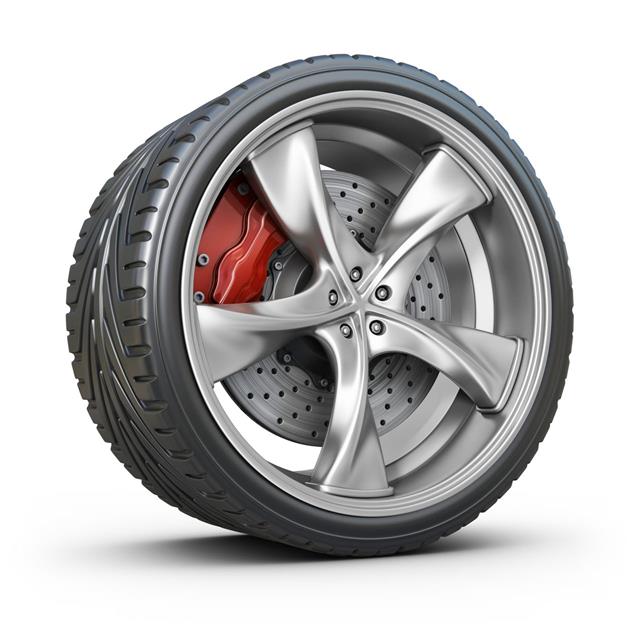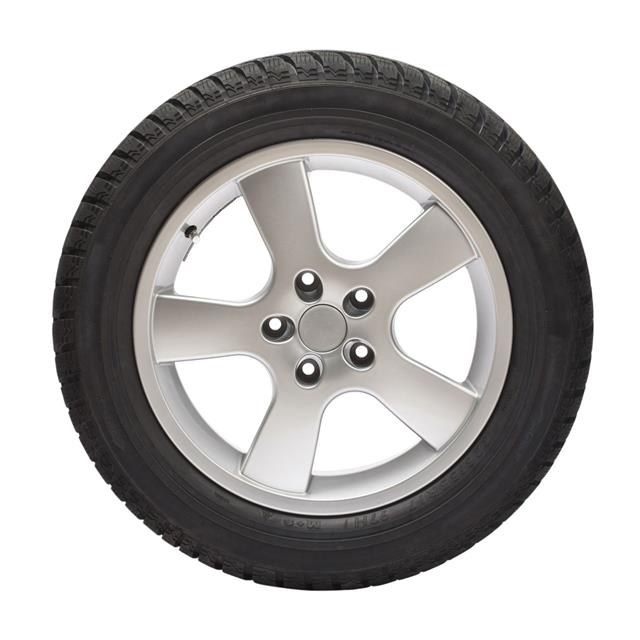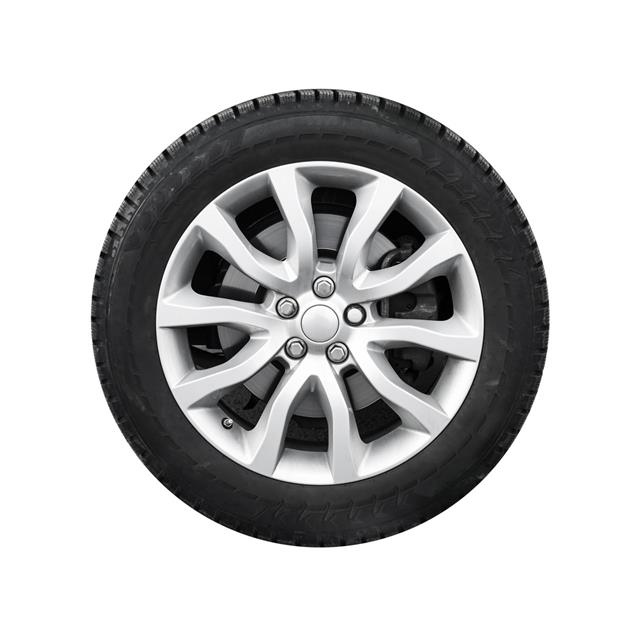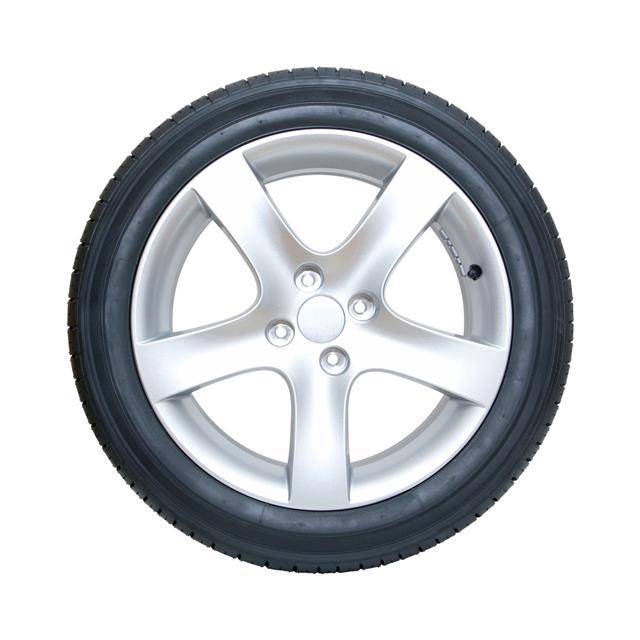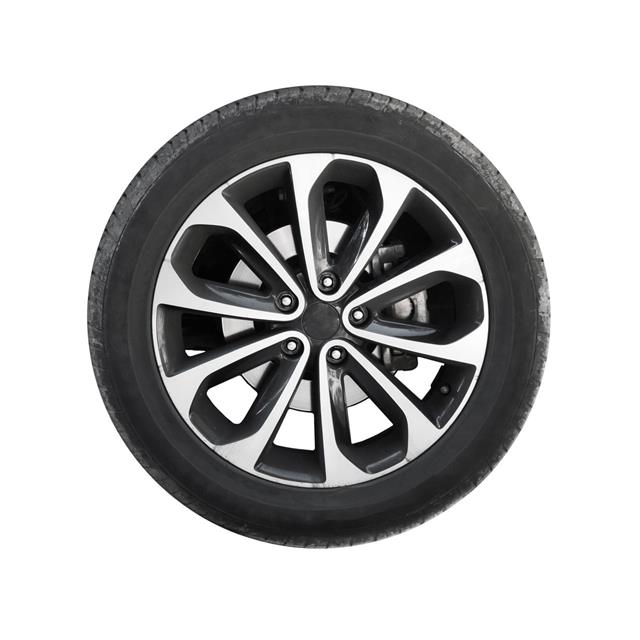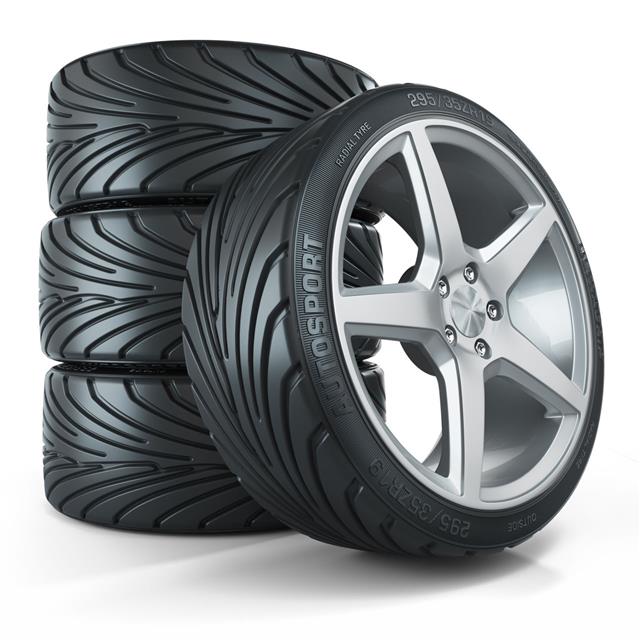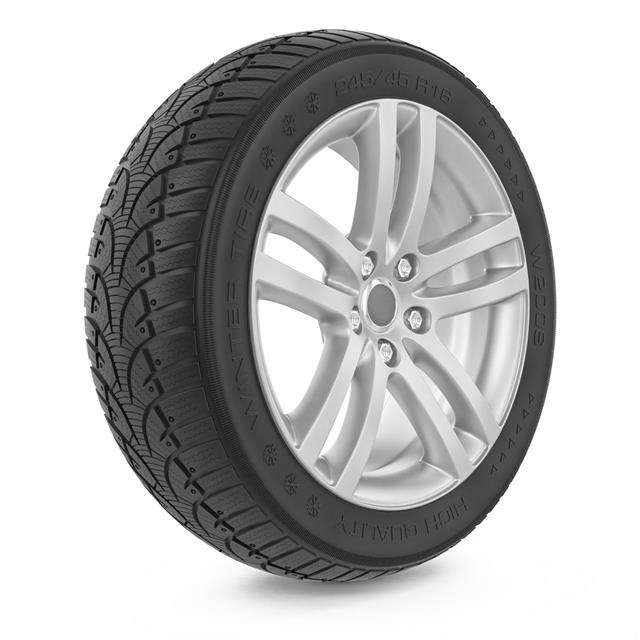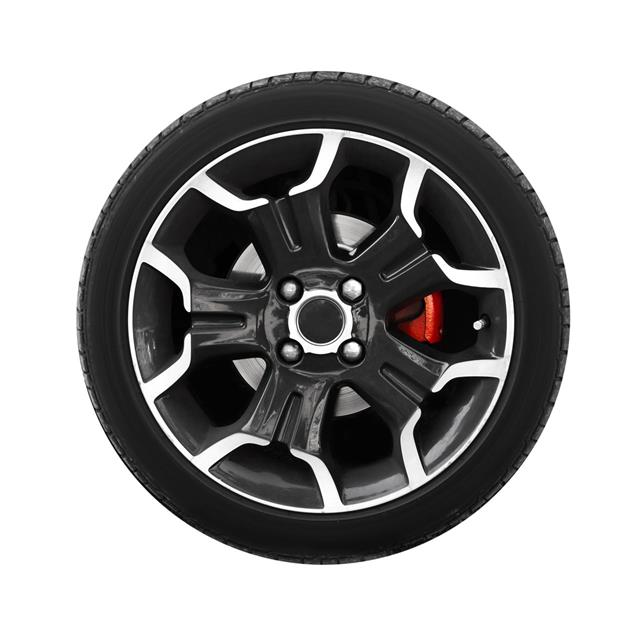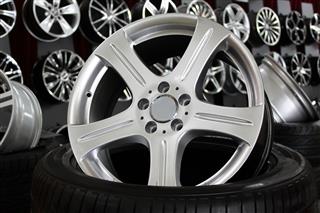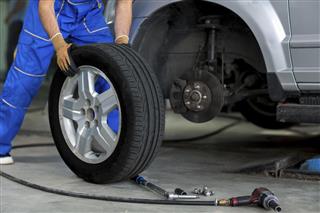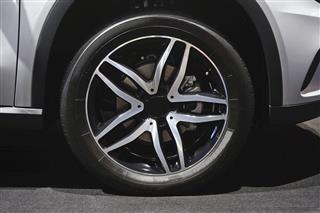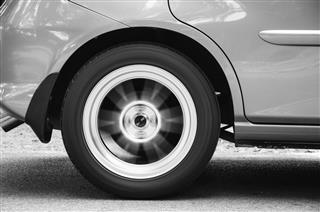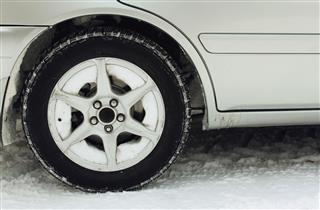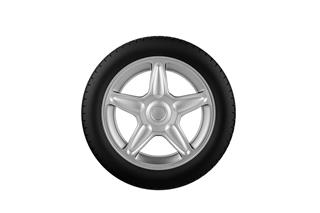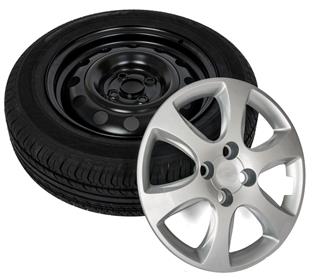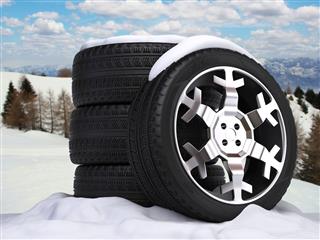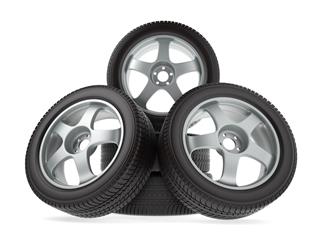
The comparison between cast and forged wheels presented in this article is aimed at explaining the prime differences between the two.
When choosing wheels for your automobile, there is a considerable amount of choice. With advances in automobile technology, even car wheel technology has evolved considerably, to meet the changing requirements. While we have seen a considerable advancement in design, there has been a change in materials used for manufacturing. Steel, which was once the preferred material, has been replaced by aluminum alloys. Among all types, you have the option of choosing between forged and cast wheels.
In discussing the difference between the two, we will basically distinguish between the advantages and disadvantages of forging and casting as manufacturing processes. As you will discover, the strength of any metallic product is not just dependent on what it is made of, but is also dependent on how it was created.
The internal crystal structure of a metal ultimately decides its strength and other characteristics, and this is influenced by the way in which the raw metal is treated.
The Comparison
Let us begin by seeing the difference in the manufacturing and internal structure of cast and forged alloy wheels. This will be followed by a comparison with respect to features and cost.
Basic Differences
Cast wheels are created by pouring of liquid or molten metal into specifically designed molds. The liquid metal is then cooled to create solid wheels of requisite dimensions. They are usually made from aluminum alloys. The two prime types of casting processes are gravity and low-pressure casting.
On the other hand, a forged wheel is sculpted by hammering, application of heat, and pressure to give it the required shape. Aluminum alloys or steel may be used in its manufacturing.
Features Comparison
The difference in their manufacturing translates into a difference in their properties. The grains or crystal structures of alloy and forged wheels are different. While the former has uniform grained internal structure, the latter has a cross-linked grain structure which makes it more tougher. The densities of both types are comparable, but forged wheels tend to be lighter, as they can achieve greater tensile strength, despite lower mass.
In terms of strength, forged wheels have an edge over the cast variety. This difference in strength is also because of the high-grade alloys used in their manufacturing, compared to cast wheels. They are also better at resisting impacts.
Cost
Cost wise, cast wheels are cheaper. The higher manufacturing cost of forging adds to the forged wheel cost. However, most people prefer to go for the forged ones, as they provide greater strength and are more resistant to shocks. It is highly recommended that you use them for trucks and other heavy vehicles. Low-pressure cast wheels are better suited for lighter vehicles.
Overall, the forged variety is a better choice, because of its inherent strength, compared to cast wheels. If cost is no issue, I would personally opt for forged wheels. It is worth spending a bit more on something like car wheels, as we don’t replace them often. Think long term and choose whichever of the two matches your budget and requirements.
